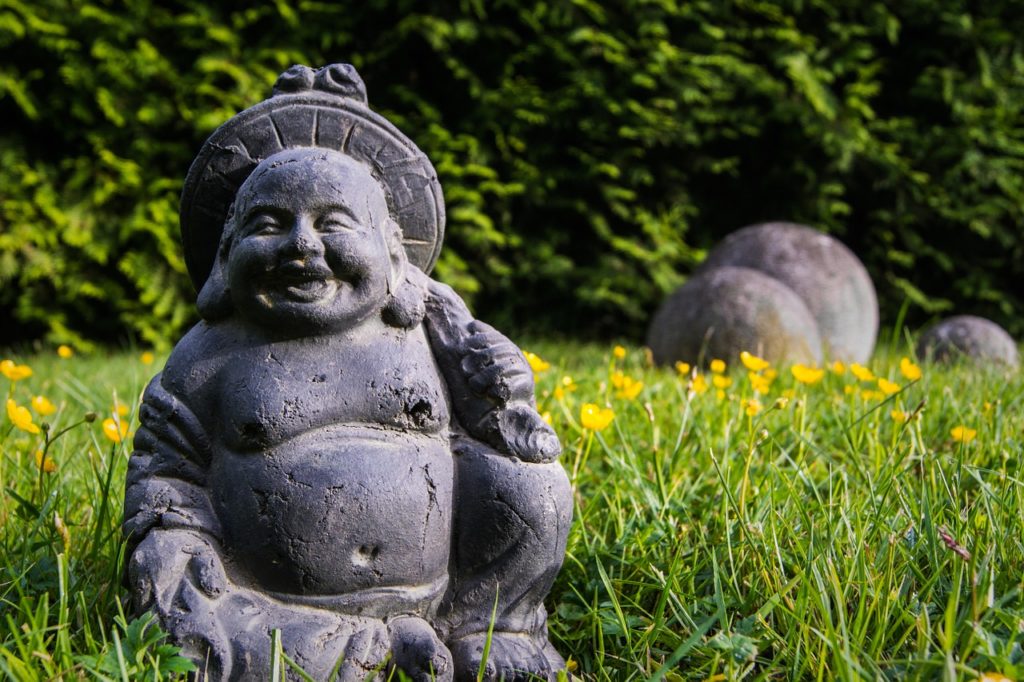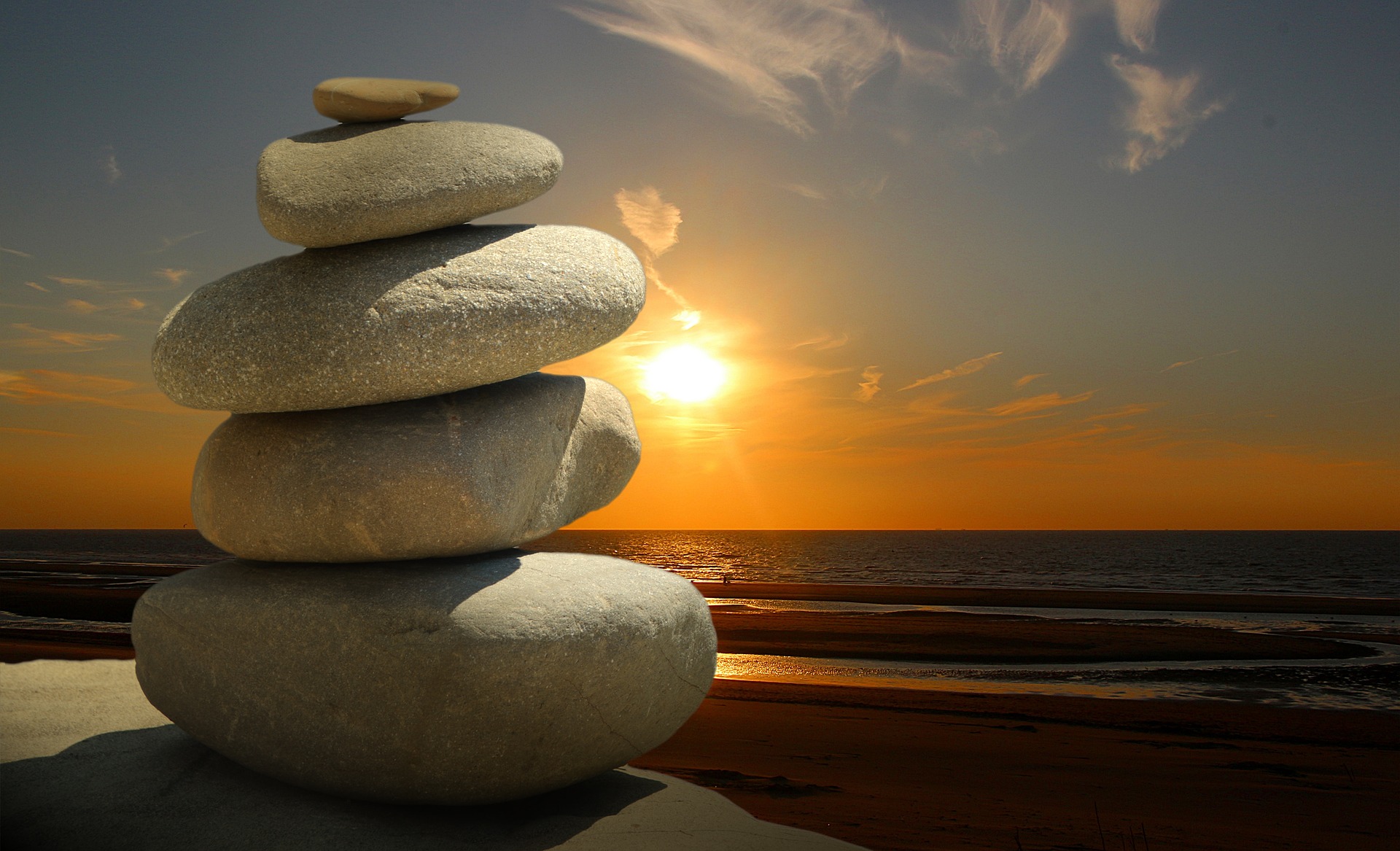The Harmonist is a new maison de parfum with a unique source of inspiration: the age-old Chinese philosophy of feng shui. Based on the guiding principles of energy and balance, feng shui is a natural fit for The Harmonist, which seeks to boost personal harmony, release energy, and promote serenity and well-being through its debut collection of signature scents. To learn more about feng shui, read on for seven surprising facts.
-
Feng shui is not a religion or belief system.
One of the biggest misconceptions about feng shui, particularly in the West, is that it is a religion or a faith. In fact, feng shui is a methodology that studies the relationships between humans and their environments. Often referred to as “the art of placement,” feng shui focuses on how people can influence their lives by arranging their surroundings according to principles of natural energy flow. In other words, it’s a practical and grounded system that’s all about designing environments that enhance conditions for success and harmony.

-
Feng shui is not a modern trend.
If you feel like feng shui is little more than a contemporary fad, it might surprise you to learn that it is an ancient Chinese discipline that originated more than 3,000 years ago. Initially, early human settlements practiced feng shui to identify the safest dwelling places where families could thrive and to choose the best burial sites for loved ones. In later times, it was used to orient palaces, government buildings, and important public monuments. Feng shui was largely suppressed in China in the 1960s, during the cultural revolution, but it has re-emerged in recent decades and is now more popular than ever.
-
Feng shui means “wind and water.”
The literal translation of the term feng shui is wind (feng) and water (shui). These two natural elements hold a profound symbolic role in the practice of feng shui: not only are they the two elements that flow and circulate everywhere on earth, they are also the most fundamental elements that are essential to human survival. As such, they are seen as direct carriers of chi, or life force: this is the energy that is a constant presence in the universe, surrounding us and everything we interact with. The discipline of feng shui developed as a means of harnessing that energy.

-
Feng shui incorporates five natural elements.
An important part of feng shui is ensuring a proper balance of natural elements within a space. The five feng shui elements are water, wood, fire, earth, and metal. In incorporating these elements, a feng shui practitioner will work to ensure that all five are used together in the correct way so that the energy of the space is stable and the elements complement each other.
-
Other things can represent the five feng shui elements.
It’s not always practical to incorporate physical examples of the five feng shui elements into a space. In these cases, the elements can be represented by their associated colors. Red, strong yellow, orange, and purple are the colors for fire; green and brown are the colors for wood; light yellow, light brown, and sandy tones are the colors for earth; white and grey are the colors for metal; and blue and black are the colors for water. Each element can also be expressed as a shape: triangle for fire, square for earth, circle for metal, rectangle for wood, and wavy lines for water.
-
One of the most important feng shui tools is called a “Bagua map.”
The Bagua is the chart that feng shui practitioners use as a map of a home or office. Based on precise orientation and compass measurements, the Bagua helps determine which areas of your home are associated with particular areas of your life. It also allows you to influence the energy of different aspects of your life by designing their associated area to incorporate the right balance of the five elements. While the traditional Bagua is an octagon shape, most modern Bagua charts take the form of a nine-square grid. The different life areas covered by the Bagua are power and wealth, fame and reputation, love and relationships, family and community, well-being and balance, children and creative legacy, knowledge and wisdom, self and career, and travel and helpful people.
-
Anyone can explore feng shui.
There are plenty of experienced feng shui practitioners who can consult with you and help you if you’re interested in radically overhauling your personal space, but don’t feel like you have to be a certified professional to make simple feng shui choices at home: anyone can learn and apply the basic principles of feng shui. The rules might seem complex, but it’s easy to take a few practical steps, like clearing your work desk of clutter or removing dead plants from your home or office.

Sorry, comments are closed for this post.